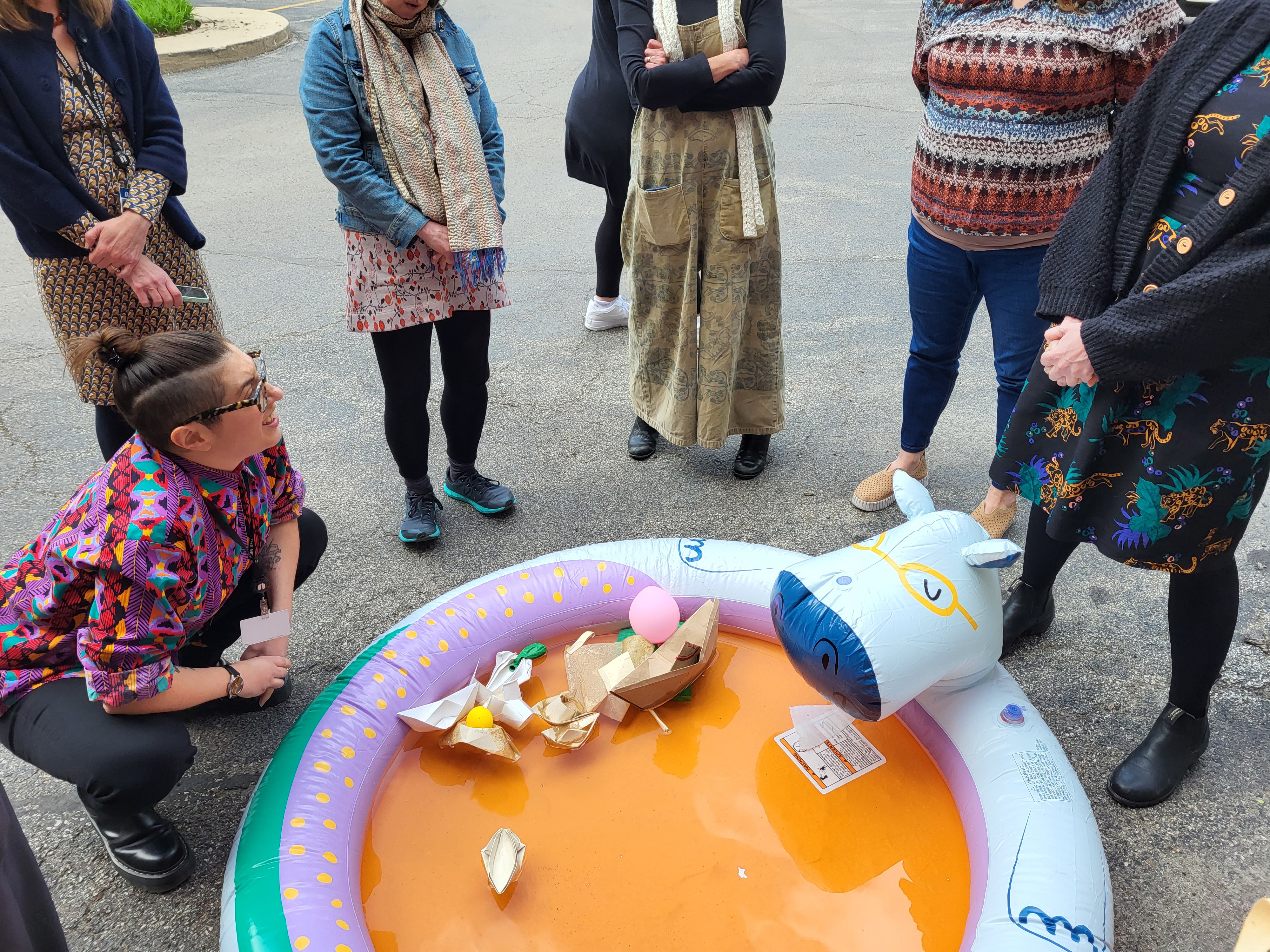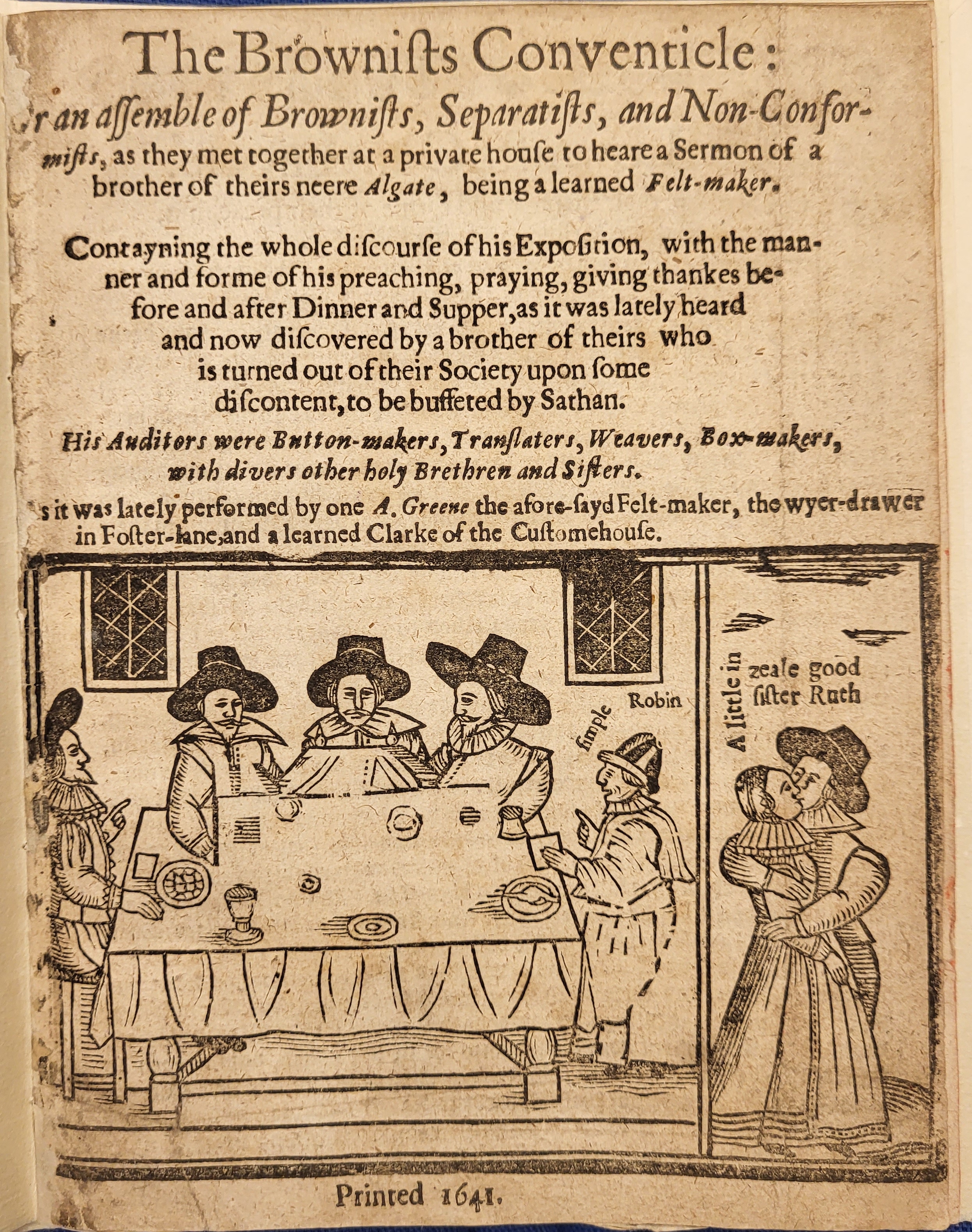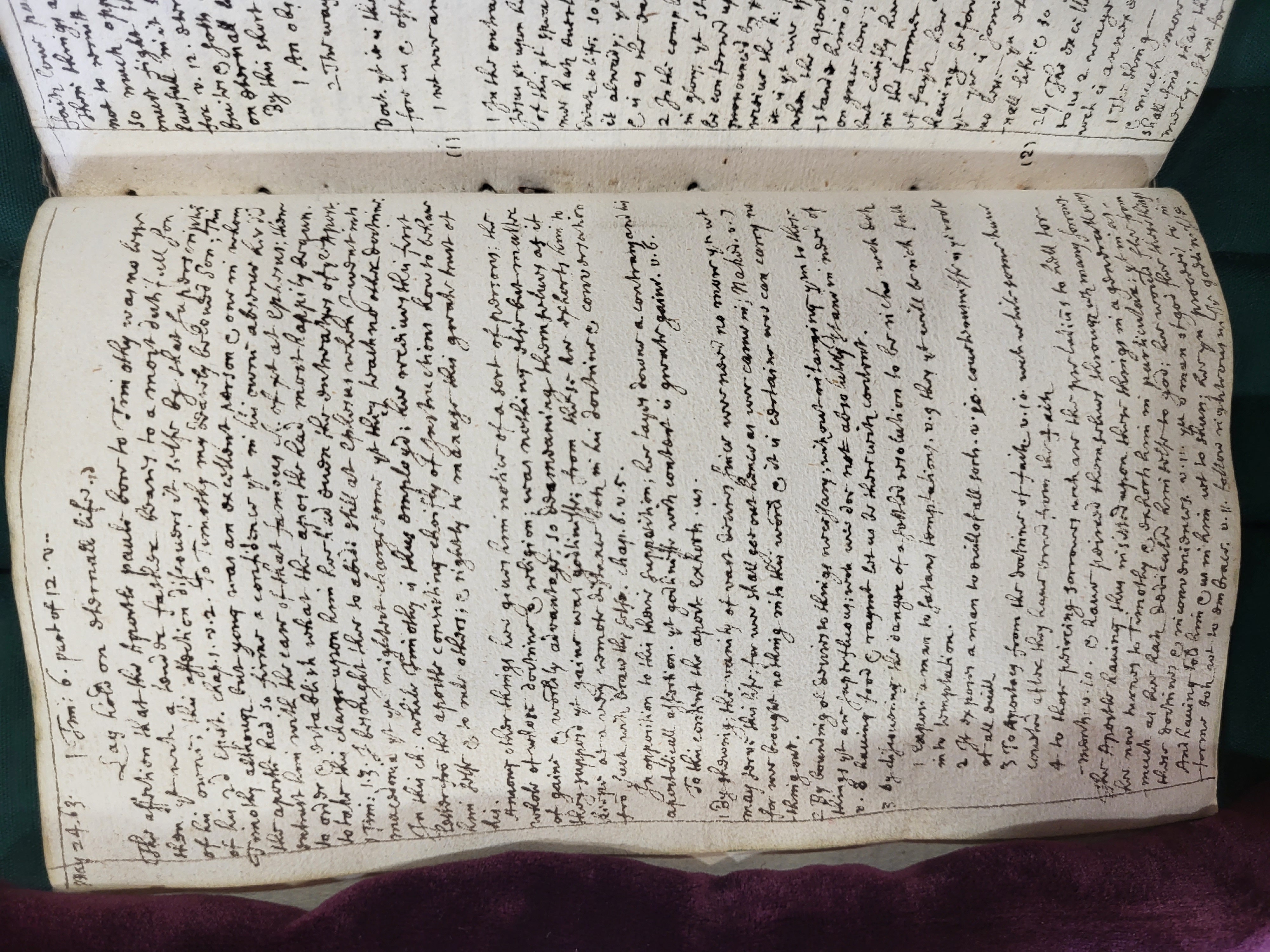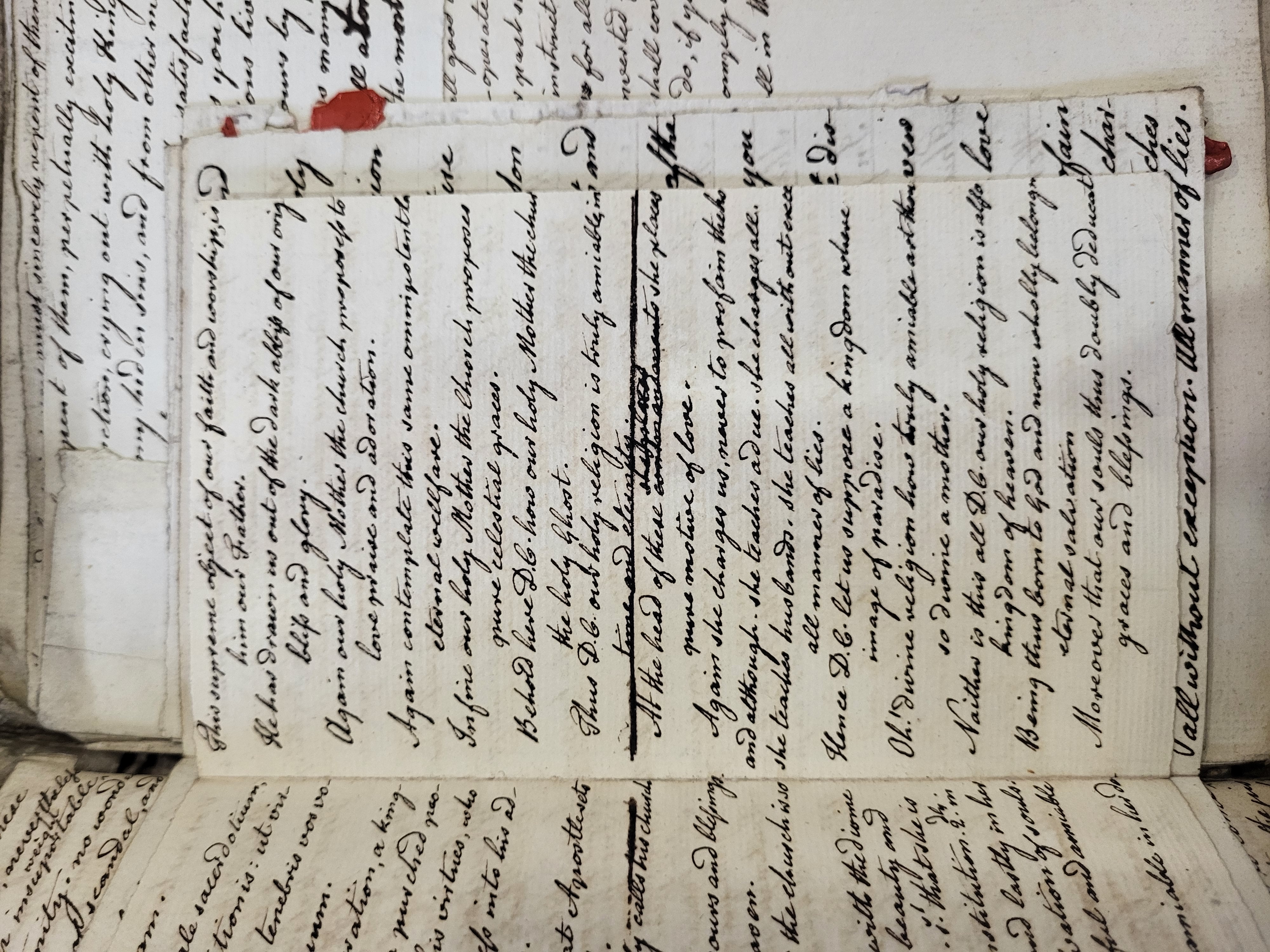Anna Pravdica
Anna Pravdica, History PhD Researcher → Warwick ePortfolio and Midlands4Cities DTP Profile
With generous funding provided by Warwick’s Centre for Renaissance Studies and the Midlands4Cities Doctoral Training Partnership, I was able to travel to the Newberry Library in Chicago as a Warwick-Newberry Research Fellow. While there I attended the workshop ‘Refashioning the Seventeenth-Century Self: A Case Study of John Taylor the Water Poet’, organised and run with great success by Megan Heffernan (DePaul University) and Rebecca L. Fall (Newberry Library), in addition to a few days of archival research in the library’s collections of seventeenth- and eighteenth-century British manuscripts.
It was a pleasure to attend ‘Refashioning the Seventeenth-Century Self’, from hearing papers by researchers well-versed in Taylor’s life and work to taking part in broader discussions with a group of enthusiastic participants. Like myself, not everyone in attendance was an expert on Taylor. This fact allowed for wide-ranging conversations informed by a range of perspectives. The workshop struck a good balance overall, being both academically rigorous and genuinely fun—the day concluded with an experiment in constructing and “sailing” paper boats (inspired by Taylor’s ‘THE PRAISE OF HEMP SEED’), and the silliness of this activity was very much in the spirit of the man himself.
Taylor’s life as both labouring waterman and professional writer invites discussion of how lower-status men conceptualized and constructed their public identities. The workshop exposed me to some works by Taylor that I intend to explore further, such as his later anti-Parliamentarian Civil War-era pamphlets. These sources have a lot to say about how contemporary social, religious, and political contexts influenced non-elite individuals’ constructions and representations of the self—themes I am hoping to explore in my thesis, which looks at seventeenth- and eighteenth-century ideas about sincerity and deceit and their connections to social identity.
I also spent two days looking at manuscript materials in the Newberry’s collections. I am currently researching and writing a chapter on religious ideas about sincerity and deceit, and sermons have proven to be a key source. So I was very excited to find three books of manuscript sermons in the archive, dating from the seventeenth to eighteenth centuries (case MS5A24, case MSC991.767, and case MSC9911.386).
Prior to this visit I had dealt solely with printed sermons; but I am especially interested in the impact that religious ideas about sincerity and deceit had on ordinary people and their interpersonal relationships in provincial parish environments, so I had been hoping to locate some manuscript sermons that might work as case studies. The sermon books I found at the Newberry perfectly fit these criteria.
I am next hoping to track down more information about the authors of these sermons and the contexts in which they lived and preached. But even if these inquires prove fruitless, the materials themselves are exciting: from what I’ve read so far, they include lots of ruminations on sincerity, deceit, and related concepts like hypocrisy. I’m aware that not all trips to the archives will prove so lucky—with this in mind, I’m especially appreciative of what was a hugely productive and truly enjoyable research trip.




